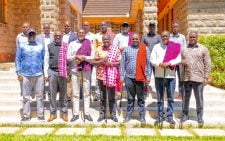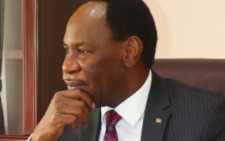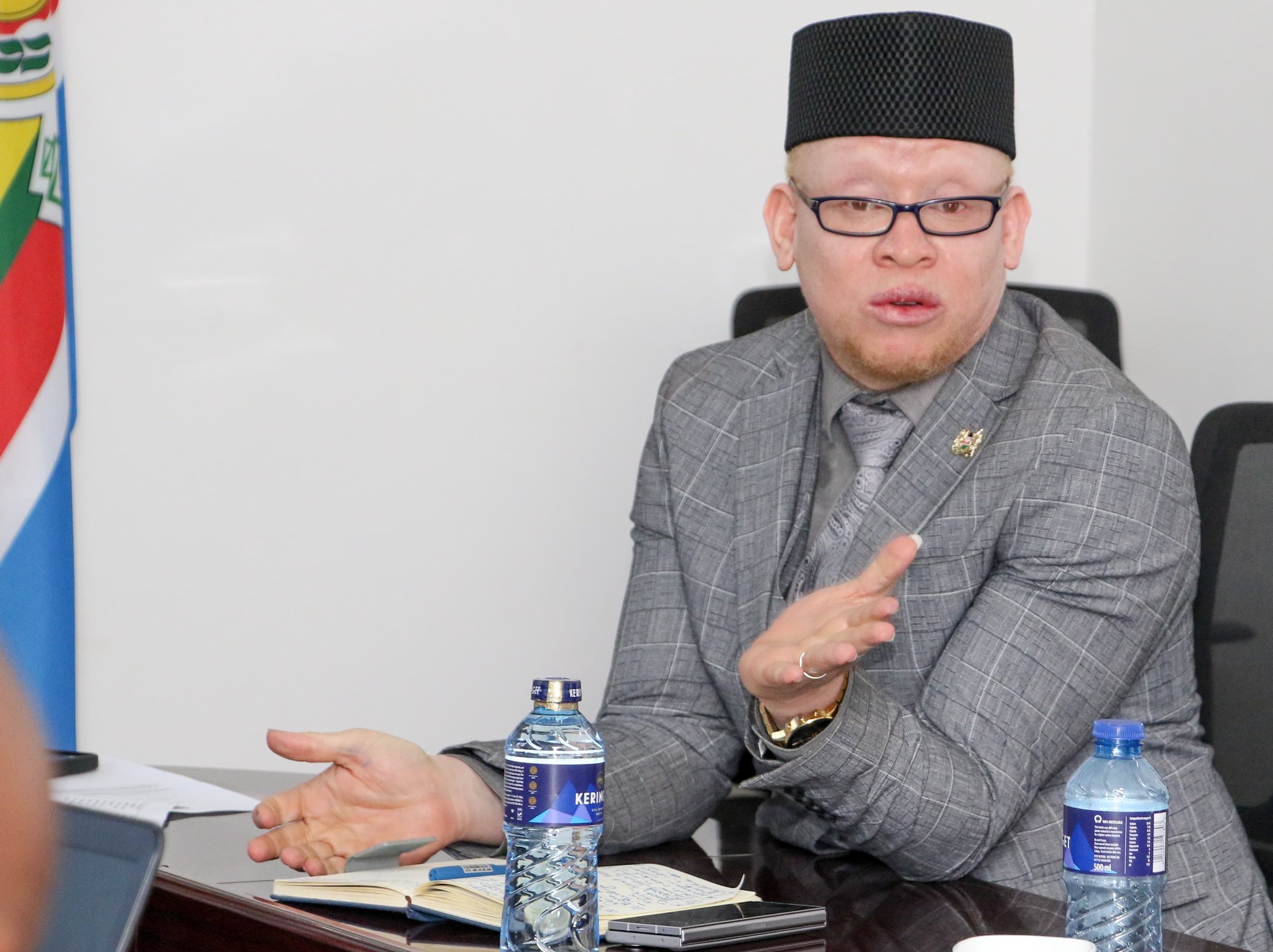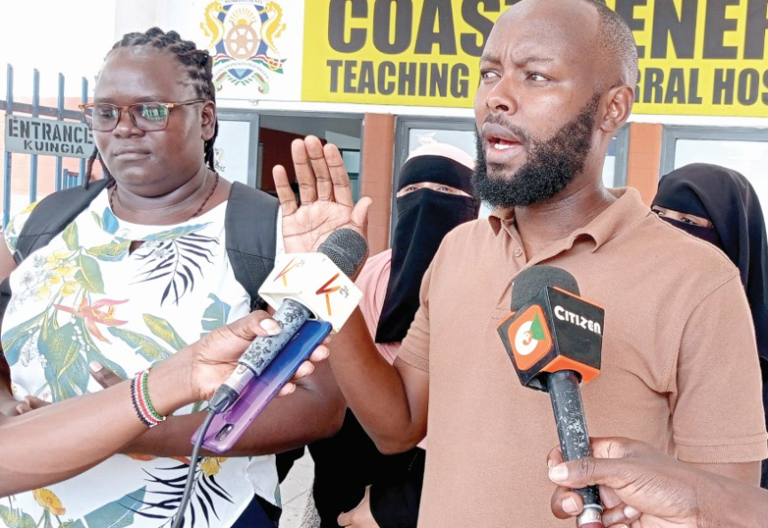State keeping all in the dark, media stakeholders say
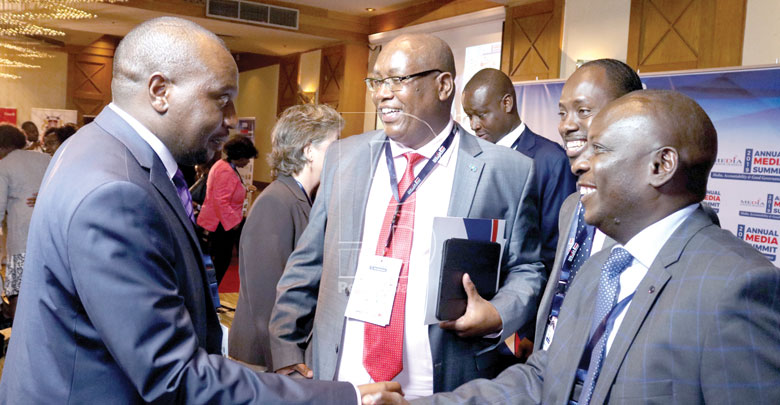
Kenyans are still unable to access information from public entities despite the existence of a law allowing citizens to obtain reports and documents on government transactions.
It has emerged that hundreds of requests from ordinary citizens and journalist to obtain crucial information from the State have been turned down.
This is contrary to the Access to Information (ATI) Act which took effect on September 21, 2016 that compels both private and public entities to disclose information.
Creating tailbacks
Yesterday, media stakeholders accused the government of deliberately creating tailbacks in a bid to ensure journalists don’t access information.
Commission on Administrative Justice (CAJ) was put on the spot for failing to facilitate the press in their bid to obtain information on government agencies.
But commissioner Lucy Ndung’u defended CAJ saying more training of journalists is required. “We have partnered with Media Council of Kenya (MCK) and signed a memorandum of understanding to train journalists on access to information,” she said.
She said digitisation of public records will be key in the implementation of the Access to Information Act, sentiments that were echoed by National Gender and Equality Commission (NGEC) Commissioner Priscilla Nyokabi.
MCK chief executive officer David Omwoyo blamed lack of capacity for journalists’ inability to access information as he urged the government to enhance flow of the same.
“The media needs to have access to crucial government information to be able to hold it to account, which is why the Access to Information law is of paramount importance,” he said.
“The government must provide critical information to the media. However, the media must be responsible in sharing this information.”
Accepting bribes
At the same time, United States ambassador to Kenya Kyle McCarter, urged journalists to desist from accepting bribes from State officials as he condemned the switching off of some TV stations during the 2017 General Election.
“Shutting down media houses in Kenya should never be an option for settling disputes between government and the media,” he said.
McCarter said some journalists were taking handouts from politicians and warned that was compromising quality of their job.
“I urge you journalists to be careful not to accept handouts and bribes from the same people who you are writing about in regards to thievery,” he said.
Kenya Union of Journalists (KUJ) secretary-general Eric Oduor said remuneration of journalists was partly to blame for the vice.
“If a journalist goes before a governor looking hungry and thirsty, then the content you are going to get will be compromised. We need to empower our journalists financially,” he said.
Police Spokesman Charles Owino promised to ensure media practitioners carry out their duties without fear.
“What is important is to think of the security around you and your own safety. If you work in a jurisdiction, have a good rapport with police,” he said.






